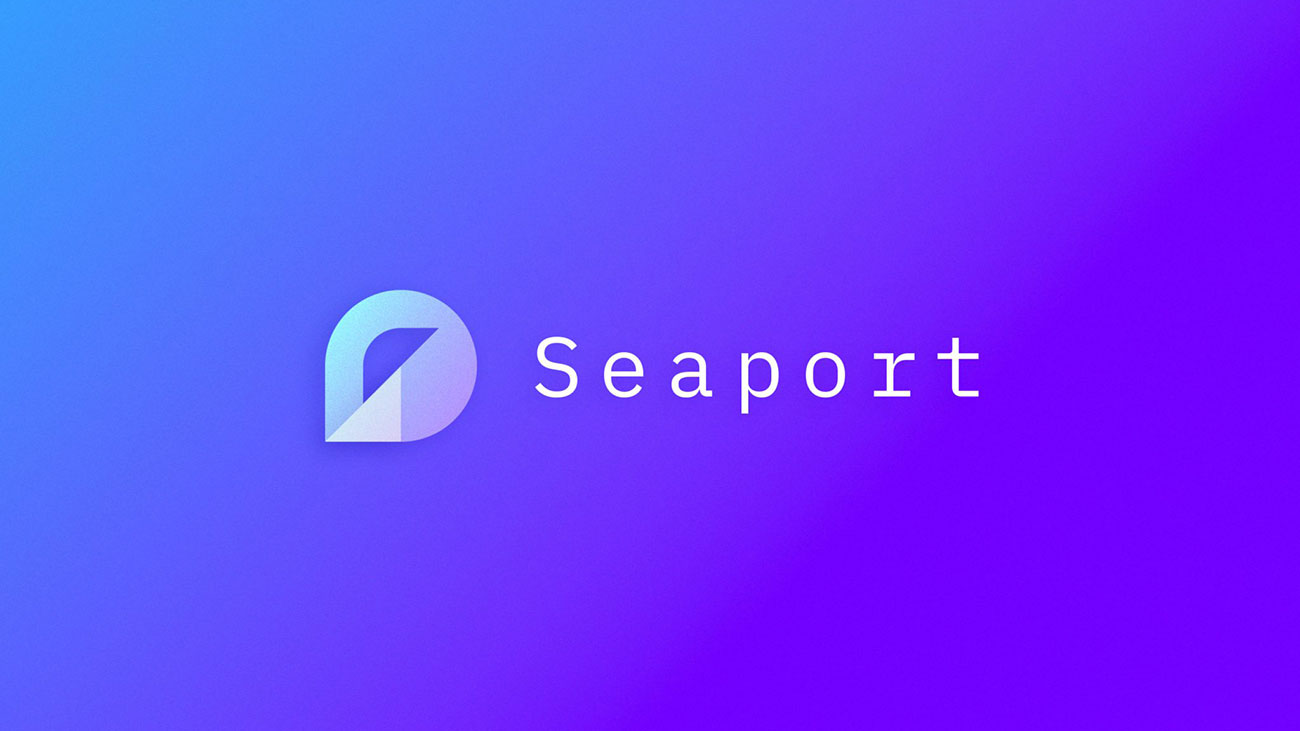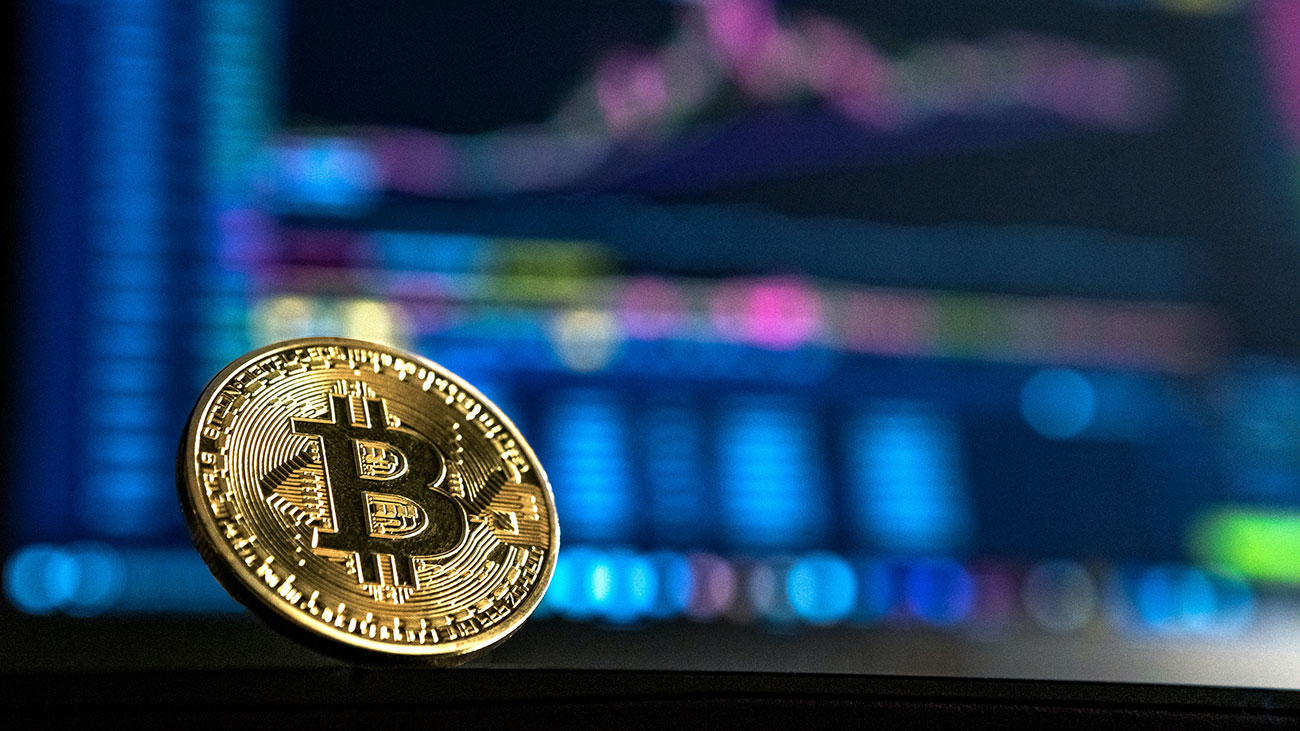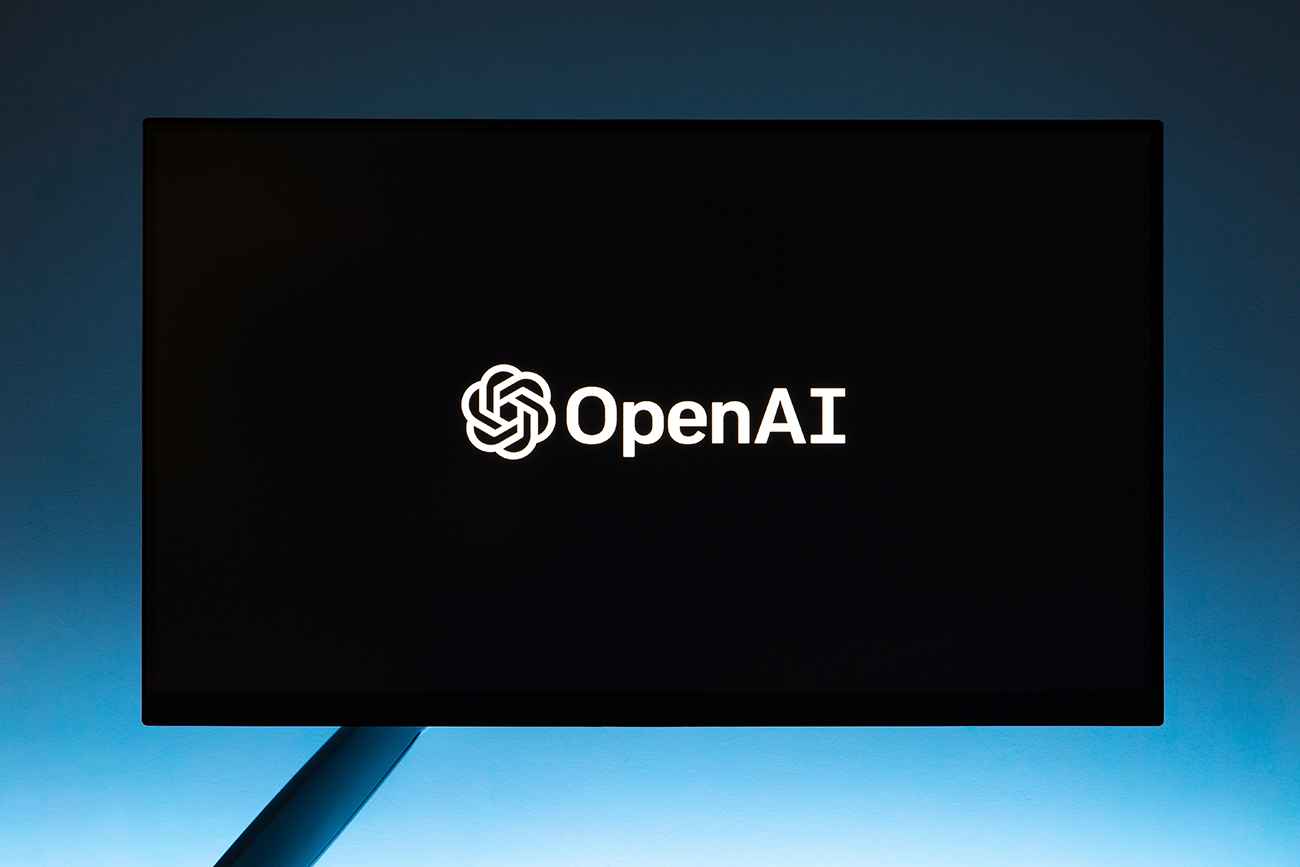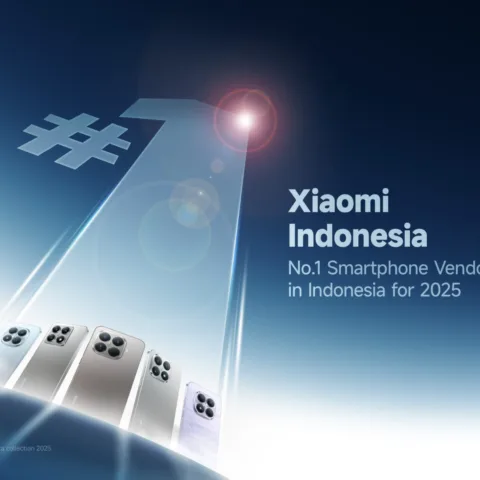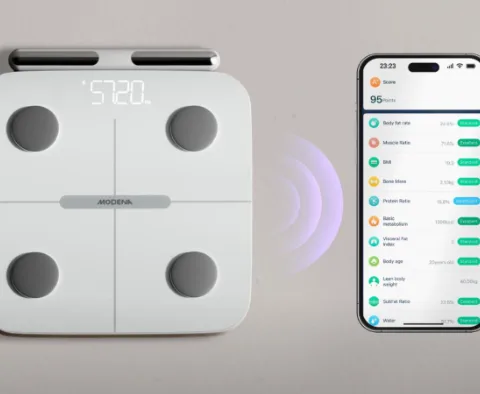Amidst the crypto market slump, OpenSea recently announced a new web3 marketplace protocol called Seaport. The protocol is designed to facilitate safe and efficient ways of buying and selling NFTs, not only on OpenSea, but also on other NFT marketplaces.
In a blog post announcing the news, OpenSea details how the Seaport protocol works. Unlike the current situation where transactions occur when one party supplies an NFT and another party supplies a payment token, Seaport essentially gives users the option to pay using more than just payment tokens like Ether (ETH).
According to OpenSea, with Seaport, users “can agree to supply a number of ETH / ERC20 / ERC721 / ERC1155 items” in exchange for an NFT. Flexibility is the keyword here, as this basically means that Seaport allows bartering a combination of tokens as a method of payment. Buying a blue-chip NFT like Bored Ape using a combination of ETH plus other less expensive NFTs is possible, provided that the seller agrees to the terms.
In addition to that, Seaport also allows users to set specific criteria when trading NFTs. So instead of receiving a whole host of trading offers from potential buyers, a seller can limit only those who have specific NFTs in their wallets that are able to make an offer. In theory, this should make bartering NFTs with specific traits a more straightforward experience.
Interestingly, OpenSea has decided to make Seaport open for anyone to use and improve, with the core smart contract being open source and inherently decentralized. “OpenSea does not control or operate the Seaport protocol — we will be just one, among many, building on top of this shared protocol,” writes the platform.
OpenSea is urging all interested smart contract developers to take a look at Seaport and help optimize, simplify, and review potential areas of security concerns. To entice the developer community, OpenSea is currently holding a 14-day audit contest with a total prize pool of $1 million.
Source: Cointelegraph.

